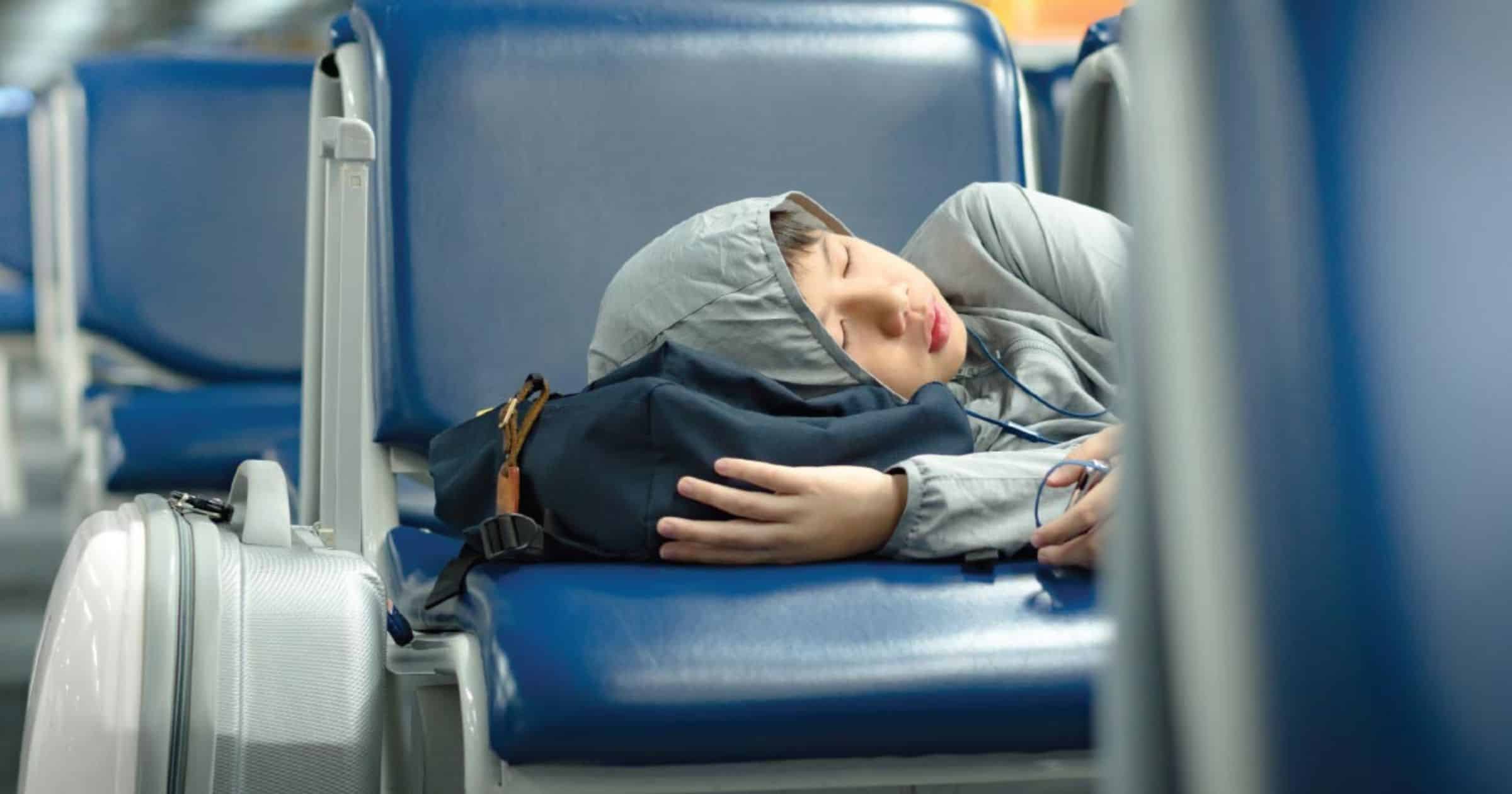When leading a student group on a travel adventure, nothing can derail a trip faster than illness. From motion sickness to full-blown flu or even Covid, student health must be a top priority to keep the group experience enjoyable and safe.
Preparation is key, and handling sickness efficiently can minimize disruption while keeping your students as healthy as possible. Here’s how you can manage the health of your students during travel, both in preparation and if illness strikes.
PREPARING IN ADVANCE
Collect Medical Forms Early | Before your trip begins, gather signed medical forms from parents or guardians. These forms should include a list of any medications the student may need and authorization for emergency medical treatment. Having this documentation on hand will make it much easier to respond swiftly and effectively if a student falls ill or requires medical attention.
Prepare Bus Bags | Long bus rides can lead to various discomforts, from motion sickness to irritability, but you can prepare with bus bags. Essentials like motion sickness medication, hand sanitizer, bottled water, and snacks should be included, as well as remedies for minor headaches or nausea.
Emphasize Cleanliness | Emphasize the importance of regular hand washing and the use of hand sanitizer, especially before meals and after handling shared items like railings or doors. Germs spread fast in close quarters, but good hygiene can help prevent illness from spreading throughout the group.
Prepare Students for Common Travel Woes | First-time student travelers often aren’t prepared for the physical demands of long trips. Motion sickness, ear pain, jet lag, and sunburn are just a few examples of travel issues that can arise unexpectedly. Be proactive by bringing along extra medications, such as ibuprofen, motion sickness tablets, and sunscreen. Encourage students to prepare for discomforts by packing these items themselves—anything to avoid the last-minute scramble for relief.
Motion Sickness | For students prone to motion sickness, sitting at the front of the bus can make a big difference. Let them know they’re welcome to sit in these seats, with a pillow for comfort and a trash can nearby for safety.
Encourage Healthy Eating | During travel, it can be tempting for students to overindulge in soda, greasy fast food, or sugary snacks. While a little indulgence is fine, remind your students to keep a balanced diet to avoid upset stomachs and low energy. Greasy food in particular can lead to nausea, which isn’t fun on a moving bus or plane.
Keep Students Hydrated | Spring and summer travel often means warm weather, and dehydration can creep up quickly. Encourage students to drink water regularly throughout the day. Carrying cases of water bottles on the bus is a great way to ensure hydration is accessible.
Get Travel Insurance | Travel insurance is vital in case a student needs medical attention while abroad and/or needs to leave the trip altogether. Ensure that parents are strongly encouraged to obtain insurance for their teens.
WHEN ILLNESS STRIKES
Notify Parents Immediately | As soon as a student feels unwell, reach out to their parents or guardians promptly. Keeping the lines of communication open allows parents to feel reassured and provides them with the chance to share any helpful advice or medical history.
Arrange Transportation | If the illness requires medical attention but is not an emergency, assist the student in getting to the hospital or clinic. Tour leaders will often stay with the main group while chaperones or trusted adults help with transportation.
Encourage Rest and Hydration | Sometimes, all a student needs is a day to rest. Encourage sick students to rest at the hotel or lodging, rehydrate, and take it easy. Depending on their recovery, you can discuss rejoining the group at a later point in the day. Make sure they’re in a comfortable environment with easy access to water, light snacks, and any necessary medications.
Quarantine the Sick Student | In today’s post-pandemic world, illness prevention still matters. If a student shows signs of contagious illness, isolate them from the rest of the group as much as possible. A separate hotel room or a quieter space is ideal for minimizing the risk of spreading illness to others. Avoid bringing the sick student back into close quarters with the group until they’re feeling better.
This article originally appeared in the November 2024 issue of Teach & Travel.




